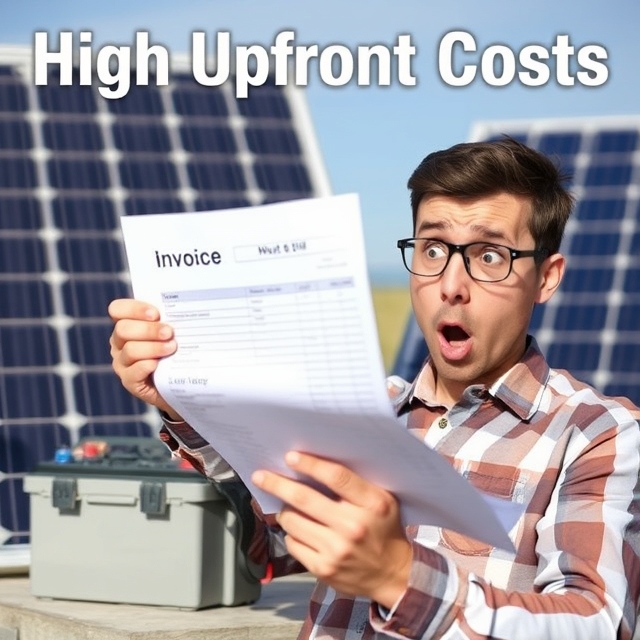
Introduction to Hybrid Solar Systems
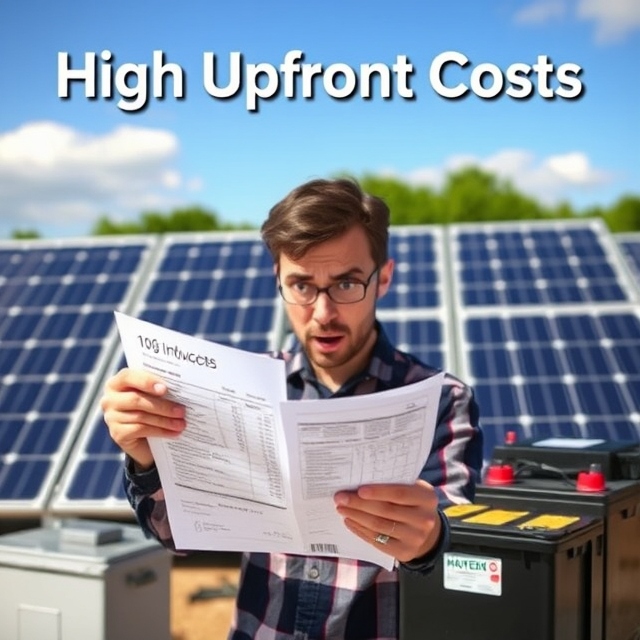
A hybrid solar system combines traditional solar power generation with battery storage technology and often includes a connection to the grid. This innovative approach allows homeowners and businesses to harness renewable energy more efficiently while providing greater control over their energy usage. Hybrid systems can use various types of inverters, such as the Sunsynk 5KW Hybrid Inverter, Growatt Hybrid Inverter, or even SolarEdge Hybrid Inverter to manage energy flow effectively.
Benefits of Combining Solar and Battery Storage Technology
Hybrid solar systems offer a multitude of advantages, making them an attractive option for both residential and commercial applications. Here are some key benefits:
- Energy Independence: By storing energy generated during the day, users can power their homes during peak hours or during a grid outage.
- Reduced Electricity Bills: With a well-optimized hybrid system, users often see significant reductions in their monthly energy bills.
- Flexibility: Hybrid systems can be configured to meet specific needs, making them suitable for various applications, including the Solar and Wind Hybrid System for Home.
- Environmentally Friendly: Utilizing renewable energy sources reduces reliance on fossil fuels, thus lowering carbon footprints.
How Hybrid Systems Work to Maximize Energy Efficiency
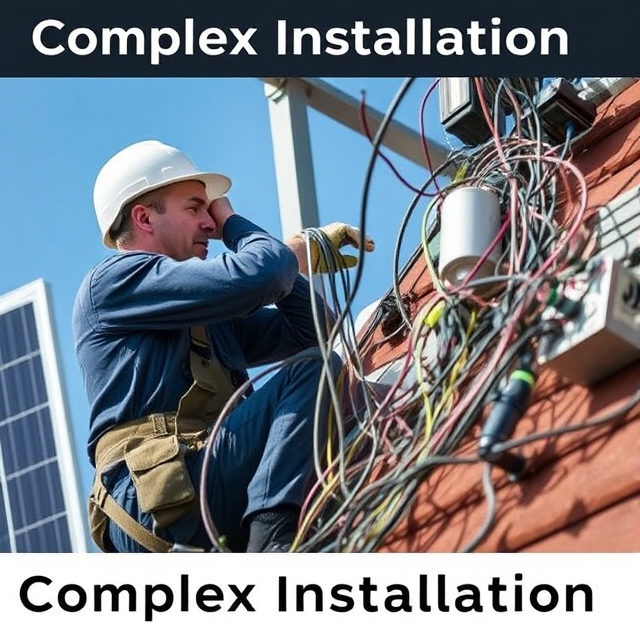
Hybrid systems operate by intelligently managing energy produced from solar panels, stored in batteries, and drawn from the grid. They utilize hybrid inverters (like the Growatt hybrid inverter or Sunsynk hybrid inverter) to ensure the optimal flow of electricity. Here’s how they function:
- Solar Panels Generate Energy: Solar panels convert sunlight into electricity (DC).
- Energy Storage: The hybrid inverter channels electricity to batteries for storage, allowing users to utilize this energy later as needed.
- Grid Interaction: When battery levels are low or the energy demand is high, the system can pull electricity from the grid or feed surplus energy back into it.
- Optimized Energy Use: Through demand monitoring and energy management systems, the hybrid setup optimizes when to use stored energy, grid power, or solar power.
Types of Hybrid Solar Systems Available on the Market
The market is flooded with various types of hybrid solar systems. Some popular options include:
| Hybrid Inverter Type | Power Rating |
|---|---|
| Sunsynk 8KW Hybrid Inverter | 8KW |
| Deye 10KW Hybrid Inverter | 10KW |
| Solis 6KW Hybrid Inverter | 6KW |
| Growatt 5KW Hybrid Inverter | 5KW |
| Sol Ark 8K Inverter | 8KW |
| Victron Hybrid Inverter | Various |
Cost Considerations for Installing a Hybrid System
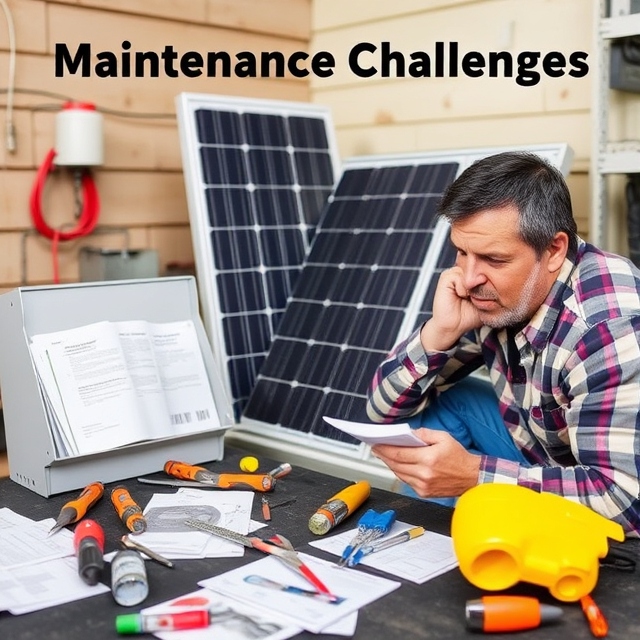
Investing in a hybrid solar system involves various costs, including:
- Initial Installation: The price of a hybrid solar system can range from $10,000 to $30,000 depending on components, such as the type of inverter (e.g., Sunsynk 5KW Inverter, Deye 5KW Hybrid Inverter) and battery storage capacity.
- Ongoing Maintenance: Regular checks are necessary to ensure system efficiency, resulting in periodic costs that should be budgeted.
- Incentives and Rebates: Many areas offer financial incentives for installing renewable energy systems, which can offset initial expenses.
Case Studies of Successful Hybrid Solar Installations
- Residential Hybrid System: A family in California installed a Sungrow Hybrid Inverter paired with battery storage, significantly reducing their energy bills and achieving energy independence.
- Commercial Installation: A retail store opted for a Solis Hybrid Inverter and integrated solar panels, which led to an overall savings of 40% on electricity costs.
Environmental Impact of Using a Hybrid System
Hybrid solar systems contribute positively to the environment:
- Reduction in Greenhouse Gas Emissions: Utilizing renewable energy lowers carbon emissions compared to traditional energy sources.
- Sustainable Energy Practices: By coupling solar with wind energy, users can optimize energy capture, further contributing to reduced environmental impact.
Maintenance and Upkeep of Hybrid Solar Systems
Proper maintenance is crucial for the longevity and performance of hybrid systems, which includes:
- Regular Inspections: Check wiring, battery health, and inverter functionality periodically.
- Cleaning Panels: Ensure that solar panels are clean for optimal energy capture.
- Updating Software: Inverters often come with software that needs to be updated for performance enhancements.
Future Trends in Hybrid Solar Technology
As technology evolves, hybrid solar systems are expected to become more efficient and user-friendly. Trends include:
- Smart Technology Integration: Inverters are increasingly using AI to manage energy flow intelligently.
- Increased Battery Storage: Advances in battery technology will improve storage capabilities and lifespan.
- Community Solar Solutions: Collaborative setups may soon allow communities to share hybrid systems.
Conclusion: Why a Hybrid System May Be Right for You
Hybrid solar systems provide a versatile and sustainable energy solution for homes and businesses. Whether looking to reduce energy costs, gain independence from the grid, or mitigate environmental impact, a hybrid solar system could be the ideal choice, especially with options like the Deye Hybrid Inverter or the Growatt 10KW Hybrid Inverter available. With increasing affordability and advancements in technology, investing in a hybrid solar system is not only beneficial but essential for a sustainable future.
FAQs
1. What are the disadvantages of a hybrid solar system?
- Higher initial costs compared to traditional systems
- Complexity in installation and maintenance
- Potential issues with battery lifespan
2. Are hybrid solar systems worth the investment?
- Yes, they can lead to long-term savings and energy independence.
3. Can I add battery storage to my existing solar setup?
- Yes, if your inverter supports it, you can integrate battery storage.
Additional Reading
For more discussions on hybrid solar systems, including specific product comparisons and recommendations, explore sections on hybrid solar panels, hybrid solar solutions, and other related topics!

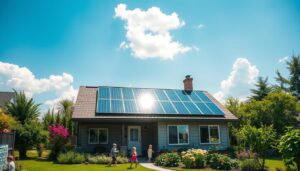




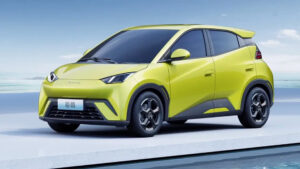
1 thought on “What is the Disadvantage of a Hybrid Solar System?”
Comments are closed.